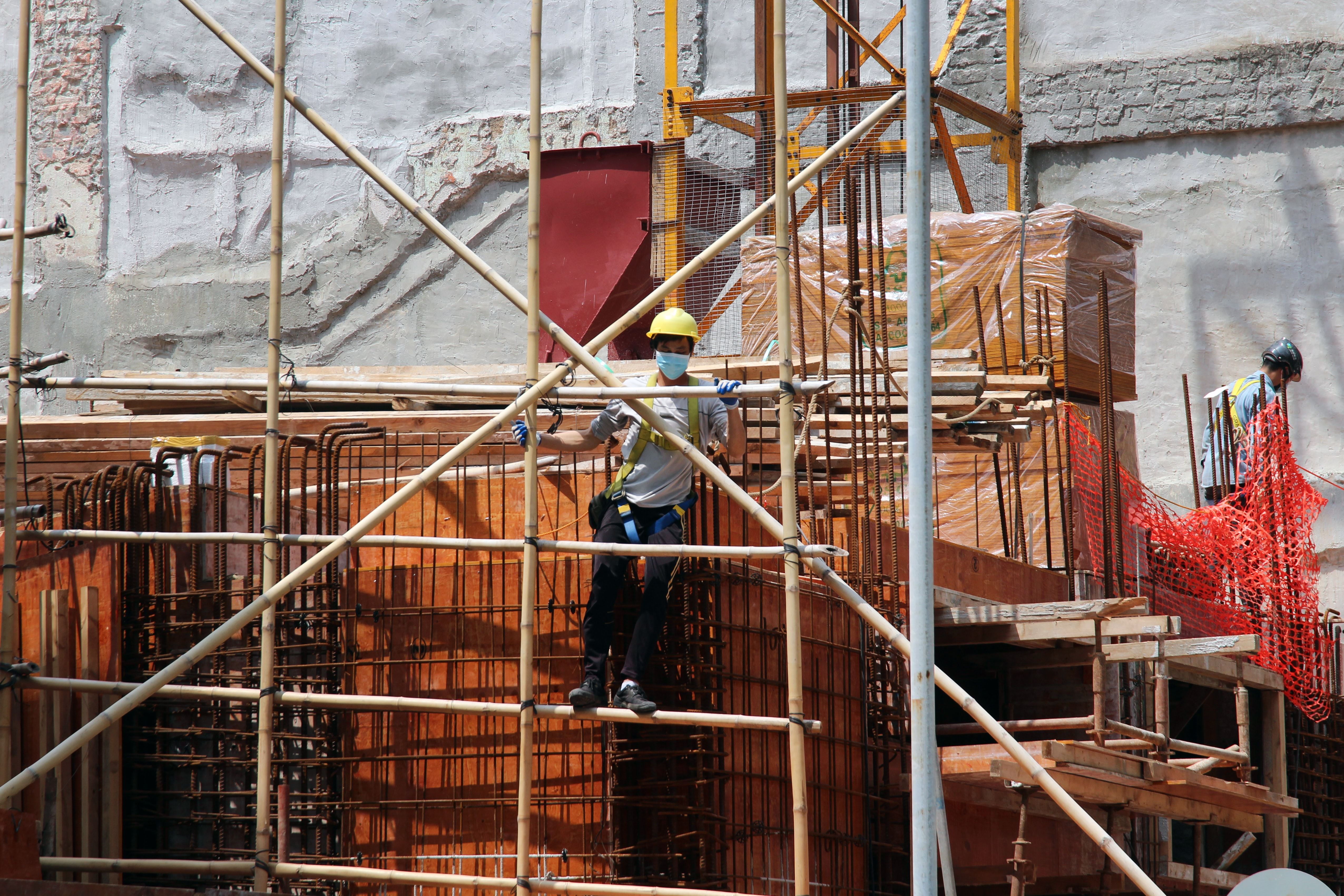
On Thursday, June 25th, the Philadelphia City Council approved a bill that made it illegal for employers to discipline, fire, or otherwise retaliate against workers who speak up about their workplaces not following coronavirus safety guidelines. On July 15th, Mayor Jim Kenney signed the bill into law, which made Philadelphia the first U.S. city to enact legislation that protects whistleblowers. This was a major victory for workers’ rights.
Now that Philadelphia has entered the less-restrictive “yellow” phase of reopening, more workers have returned to their typical jobs and duties. Some have been confronted with unsafe workplaces that aren’t following regulations, leaving workers vulnerable and possibly exposing them to COVID-19.
If an employee believes or knows that their employer isn’t following regulations, he or she can now safely report their workplace to the authorities for noncompliance. Employees can now do this without risking losing their job or other disciplinary actions.
This knowledge (that reporting won’t result in firing or punishment) helps with the enforcement of the safety measures, and is a positive step for the health of the employee, their coworkers, and the greater community.
This legislation also states that, if a business is investigated and found to be in compliance with COVID-19 safety measures, an employee cannot refuse a work assignment there without consequences. This protects employers in the event that a worker is insisting that their workplace isn’t following COVID-19 guidelines – if there’s no proof, then the employee has to report to work.
Many employees, especially essential workers, have said that their employers weren’t doing enough to keep them safe on the job during the pandemic. Some of these workers felt comfortable enough to host rallies or lead work stoppages with the intention of influencing their employers into complying with the guidelines. However, many essential workers were not comfortable taking these steps, and did not make their voices heard for fear of losing their jobs.
This is an especially real fear for minority workers. Some undocumented workers who asked their employers for more compliance with COVID-19 regulations were told that, if they reported the noncompliance, they would be turned over to the police or Immigration and Customs Enforcement (ICE). Additionally, a recent National Employment Law Project report stated that Black workers are more likely to face retaliation for expressing concerns about unsafe conditions. Under threat of punishment or firing, many workers did not report their workplaces out of fear and necessity.
Before the enactment of the Employee Protections in Connection with COVID-19 Emergency Health Order, also known as the Essential Workers Protection Act, workers had no guarantee that expressing concerns about their employers’ failure to follow guidelines wasn’t going to result in losing their jobs. Now, all workers can rest assured that they can report without retaliation or firing. This is especially beneficial for minority workers who might have suffered the most severe consequences, but it is beneficial for all workers.
The bill is primarily a result of the work of the local labor community and the cooperation of all the council members, as it passed unanimously. The bill made it through the legislative process in a month and came out of a coalition of union and nonunion worker groups. More than 24 labor groups offered their support for the bill.
While the Occupational Safety and Health Administration (OSHA) is already empowered under federal law to protect workers who call out unsafe conditions, it seems that the agency does not actually do much in the way of enforcement. This leaves workers, who might have relied on the federal agency for protection, vulnerable to their employer’s retaliation.
The City of Philadelphia should have a better chance at enforcing the Essential Workers Protection Act than OSHA. The Mayor’s Office of Labor, which recently became a permanent city department and is due for about a $300,000 budget increase from last year, has the power to enforce these laws and protect workers’ rights.
Giving workers legal protections is a vote of confidence in the people who keep the economy moving and provide important essential services.
In the end, this means that Philadelphia workers can go to work with less worry. Knowing that their rights are protected if they see and report a violation of COVID-19 safety measures, employees should feel safer about returning to work. By reporting their place of employment for not following guidelines, workers are not only looking out for their own health, but also the health of their coworkers, customers, and community.
